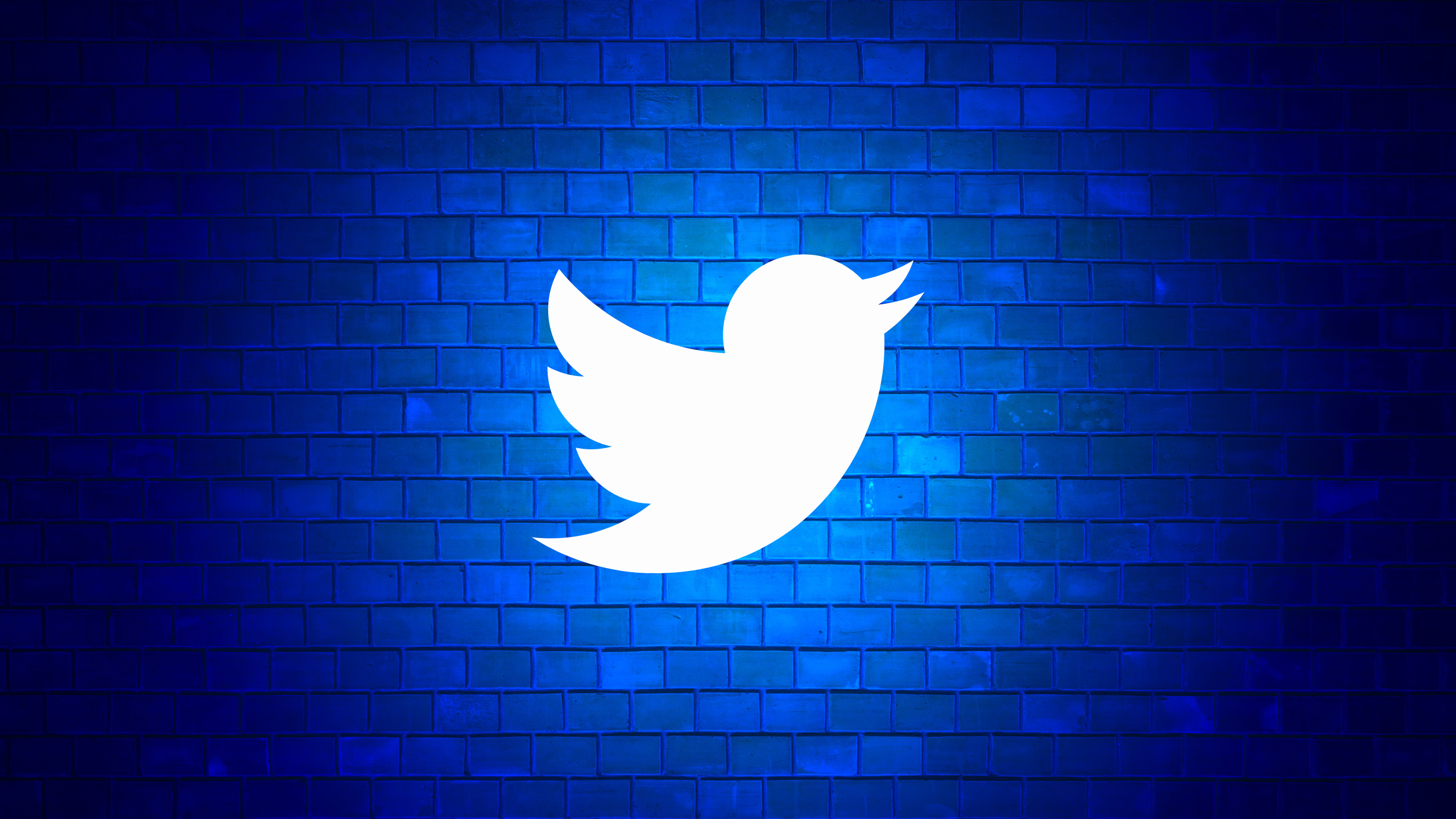
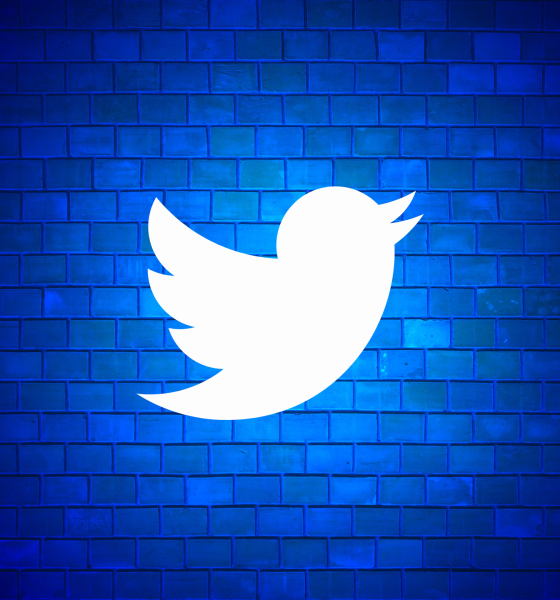
News
Elon Musk’s Twitter is working on removing child sexual abuse material at scale with “no mercy” for abusers
Elon Musk’s Twitter is working on removing child sexual abuse (CSAM) at scale with “no mercy for those who are involved in these illegal activities.” Andrea Stroppa shared a thread on Twitter with updates on how Twitter has moved from being lenient toward the child abuse problem to tackling it head-on.
Stroppa spearheaded the research team at Ghost Data and found that over 500 accounts openly shared the illegal material over a 20-day period in September. You can view the full report here. In his thread, Stroppa noted that he worked as an independent researcher along Twitter’s Trust and Safety team led by Ms. Ella Irin during the past few weeks. “Twitter achieved some relevant results I want to share with you,” Stroppa tweeted.
Stroppa noted that Twitter updated its mechanism to detect content related to CSAM and that it is faster, more efficient, and more aggressive. “No mercy for those who are involved in these illegal activities.”
THANK YOU! I’m so grateful.
— 𝔈𝔩𝔦𝔷𝔞 (@elizableu) December 3, 2022
Over the past few days, Twitter’s daily suspension rate has almost doubled, which means that the platform is doing a capillary analysis of contents. “It doesn’t matter when illicit content has been published. Twitter will find it and act accordingly.”
Stroppa pointed out that within the past 24 hours, Twitter began increasing its efforts and took down 44,000 suspicious accounts, and over 1,300 of those profiles tried to bypass detection using codewords and text in images to communicate.
He added that Twitter is aware of strategies, keywords, external URLs, and communication methods used by these accounts. “To increase its ability to protect children’s safety, Twitter involved independent and expert third parties.”
Stroppa added that Twitter is focusing its efforts on networks of Spanish-speaking and Portuguese-speaking users that share CSAM. “Twitter continues to have teams in place dedicated to investigating and taking action on these types of violations daily. Teams are more determined than ever and composed of passionate experts. Furthermore, Twitter simplified the process of users reporting illicit content.”
In a statement to Teslarati, Stroppa said, “If these good things are happening, it’s because Elon really cares about children’s safety. With Elon, we share the idea of the light of consciousness. This light goes through millions of people and improves a bit of the world.”
Eliza Bleu, who has been pushing Twitter to protect children since before Elon Musk purchased the platform, previously emphasized that the content needed to be removed “at scale.” In August, The Verge found that Twitter was unable to detect CSAM at scale.
“Twitter cannot accurately detect child sexual exploitation and non-consensual nudity at scale,” the Red Team, “to pressure-test the decision to allow adult creators to monetize on the platform by specifically focusing on what it would look like for Twitter to do this safely and responsibly.”
In her own thread, Eliza Bleu said that she never thought she would be able to tweet this, but “Twitter is currently working on detecting, removing, and reporting child sexual abuse material at scale.”
She added that the issue will take time to clean up, but the rapid changes are “just beautiful to see.”
On Saturday, Bleu told Teslarati, “While the corporate media was fear-mongering and spreading baseless conspiracy theories about Musk’s inability to tackle child sexual exploitation on Twitter with an alleged ‘skeleton crew,’ the platform was actually busy making amazing progress towards protecting sexually exploited children.”
“I’m extremely grateful to see the progress and the changes made under Elon Musk. He has accomplished in a month what the platform could not seem to do over the past decade about the issue of child sexual abuse material. The only time the platform previously made this much progress is when they implemented PhotoDNA.”
The technology Bleu is referring to was created when Microsoft partnered with Dartmouth College in 2009. PhotoDNA aids organizations in finding and removing known images of child exploitation. Bleu also called out Twitter’s advertisers that left the platform, citing Elon Musk as the reason, yet were silent on Twitter’s slowness and, at times, refusal to remove CSAM from its platform.
Your feedback is welcome. If you have any comments or concerns or see a typo, you can email me at johnna@teslarati.com. You can also reach me on Twitter at @JohnnaCrider1.
Teslarati is now on TikTok. Follow us for interactive news & more. Teslarati is now on TikTok. Follow us for interactive news & more. You can also follow Teslarati on LinkedIn, Twitter, Instagram, and Facebook.

Elon Musk
Elon Musk estimates Tesla Semi could reach Europe next year
“We’ve got the Tesla Semi coming out, the heavy truck, and that’ll be going to Europe hopefully next year,” Musk said.
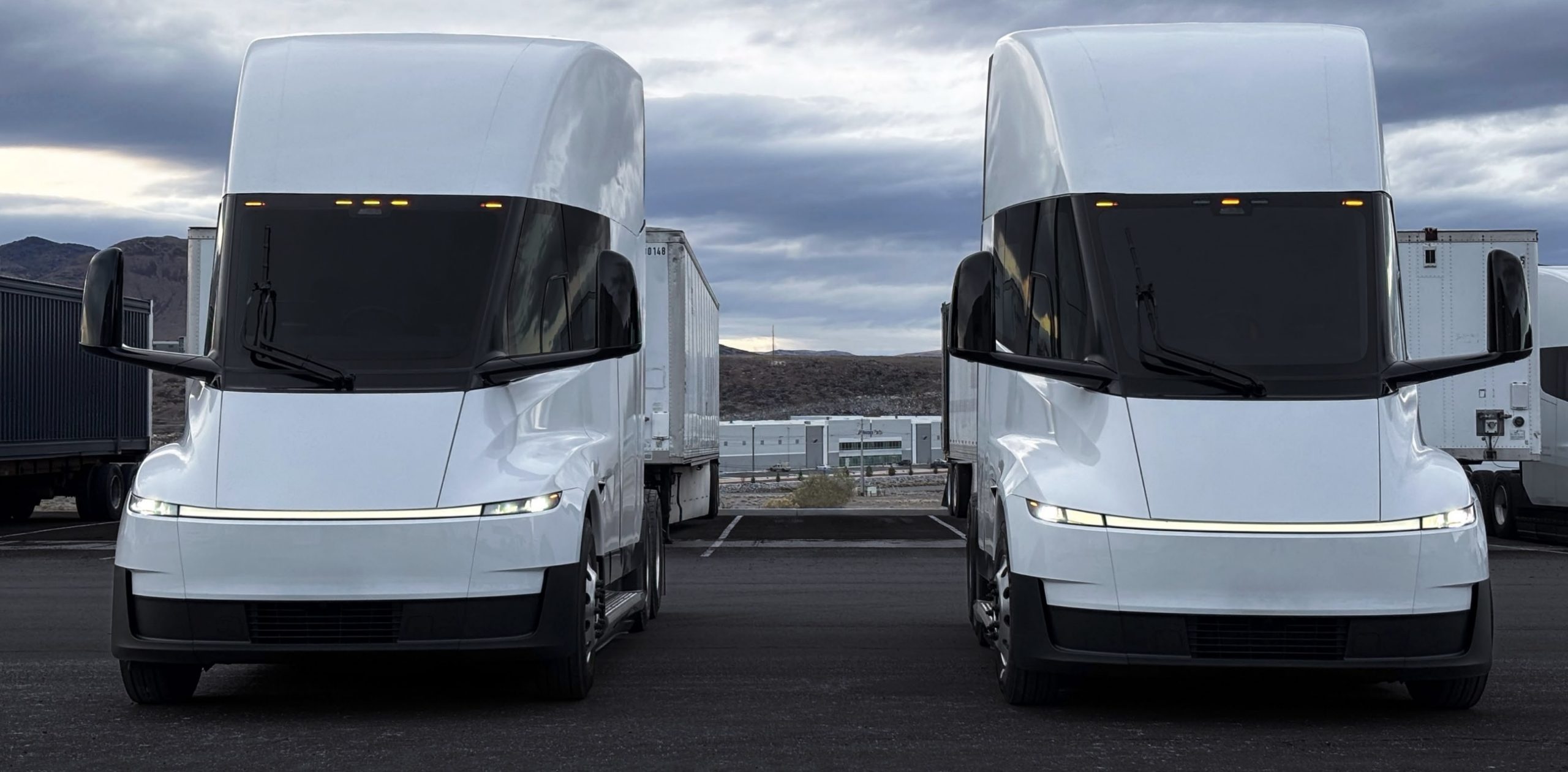
Tesla is preparing to expand its all-electric Semi truck program to Europe, with CEO Elon Musk indicating that the Class 8 vehicle could arrive in the region 2027.
Musk shared his update during an interview about Giga Berlin with plant manager André Thierig, which was posted on X by the official Tesla Manufacturing account.
“We’ve got the Tesla Semi coming out, the heavy truck, and that’ll be going to Europe hopefully next year,” he said.
Tesla has already begun limited production and customer deployments of the Tesla Semi in the United States, with the company working to scale output through the Semi factory near Giga Nevada. Considering Musk’s comments, it appears that a European rollout would be the next phase of the vehicle’s expansion beyond North America.
Musk’s use of the word “hopefully” leaves room for flexibility, but the remark signals that Europe is next in Tesla’s commercial expansion plans.
Musk has consistently argued that electrification should extend beyond passenger vehicles. During the same interview, he reiterated his view that “all ground transport should be electric,” adding that ships, and eventually aircraft, would follow.
The Semi plays a central role in that strategy. Heavy-duty freight remains one of the most emissions-intensive segments of road transport, and European regulators have increasingly pushed for lower-emission commercial fleets.
Tesla recently refreshed the Semi lineup on its official website, listing two variants: Standard and Long Range. The Standard trim offers up to 325 miles of range with an energy consumption rating of 1.7 kWh per mile, while the Long Range version provides up to 500 miles, which should be more than ample for European routes.
Elon Musk
Tesla Cybercab coming next to Giga Berlin, Optimus possibly after
“From a next major product standpoint, I think most likely is the Tesla Cybercab,” Musk said.
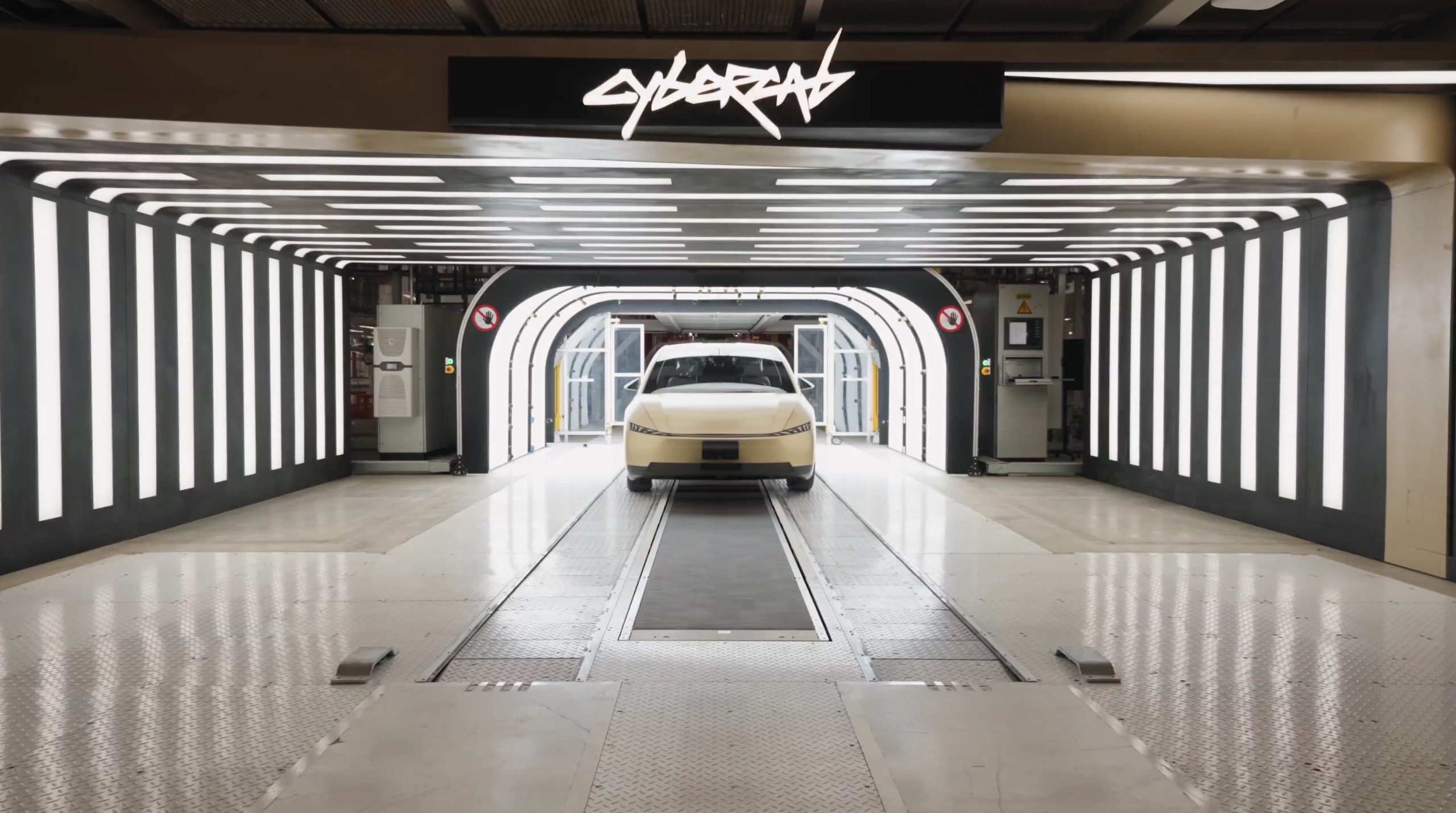
Tesla could add the Cybercab and Optimus humanoid robot to the production lineup at Giga Berlin, as per recent comments from CEO Elon Musk.
During a recent interview with Giga Berlin plant manager André Thierig, Musk identified the Cybercab as the most likely next major product for the German factory, with Optimus potentially following after.
“From a next major product standpoint, I think most likely is the Tesla Cybercab,” Musk said. He added that there are also “possibilities of Tesla Optimus” being produced in the facility.
Tesla has already begun production of the Cybercab in Giga Texas, with volume production expected to ramp this year. Based on Musk’s comments, it appears that if conditions align in Europe, Giga Berlin could eventually join that effort.
The CEO’s comments about Optimus coming to Gigafactory Berlin are quite unsurprising too considering that Musk has mentioned in the past that the humanoid robot will likely be Tesla’s highest volume product in the long run.
Giga Berlin will likely be able to produce mass volumes of Optimus, as the Model S and Model X lines being converted to an Optimus line in the Fremont Factory are already expected to produce 1 million units of the humanoid robot annually.
Apart from his comments about the Cybercab and Optimus, Elon Musk also confirmed that Giga Berlin has started ramping battery cell production and will continue expanding Model Y output, particularly as supervised Full Self-Driving (FSD) gains regulatory approvals in Europe.
Taken together, the remarks suggest Berlin’s role could evolve beyond vehicle assembly into a broader multi-product manufacturing hub, not just a regional Model Y plant.
Energy
Tesla Powerwall distribution expands in Australia
Inventory is expected to arrive in late February and official sales are expected to start mid-March 2026.
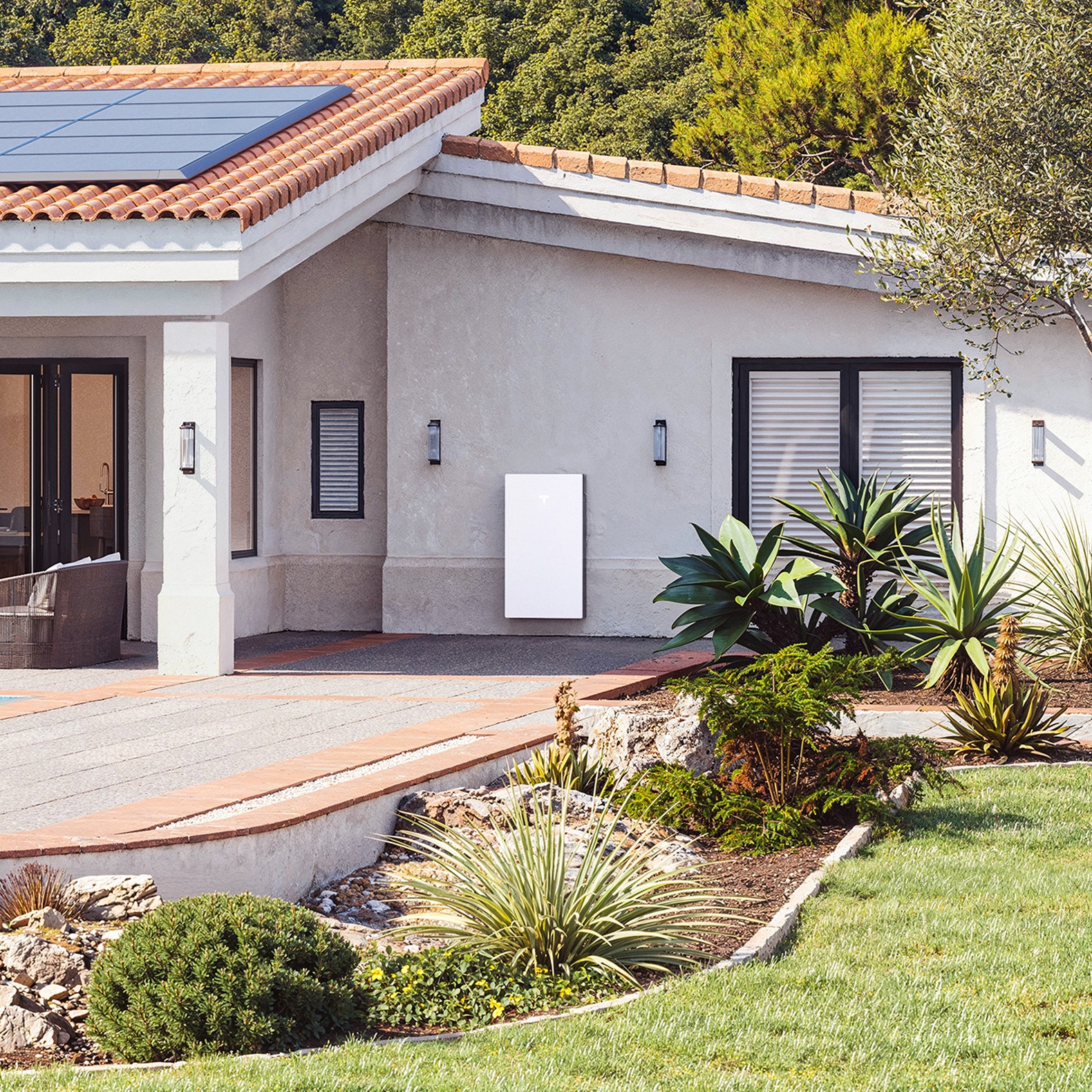
Supply Partners Group has secured a distribution agreement for the Tesla Powerwall in Australia, with inventory expected to arrive in late February and official sales beginning in mid-March 2026.
Under the new agreement, Supply Partners will distribute Tesla Powerwall units and related accessories across its national footprint, as noted in an ecogeneration report. The company said the addition strengthens its position as a distributor focused on premium, established brands.
“We are proud to officially welcome Tesla Powerwall into the Supply Partners portfolio,” Lliam Ricketts, Co-Founder and Director of Innovation at Supply Partners Group, stated.
“Tesla sets a high bar, and we’ve worked hard to earn the opportunity to represent a brand that customers actively ask for. This partnership reflects the strength of our logistics, technical services and customer experience, and it’s a win for installers who want premium options they can trust.”
Supply Partners noted that initial Tesla Powerwall stock will be warehoused locally before full commercial rollout in March. The distributor stated that the timing aligns with renewed growth momentum for the Powerwall, supported by competitive installer pricing, consumer rebates, and continued product and software updates.
“Powerwall is already a category-defining product, and what’s ahead makes it even more compelling,” Ricketts stated. “As pricing sharpens and capability expands, we see a clear runway for installers to confidently spec Powerwall for premium residential installs, backed by Supply Partners’ national distribution footprint and service model.”
Supply Partners noted that a joint go-to-market launch is planned, including Tesla-led training for its sales and technical teams to support installers during the home battery system’s domestic rollout.








